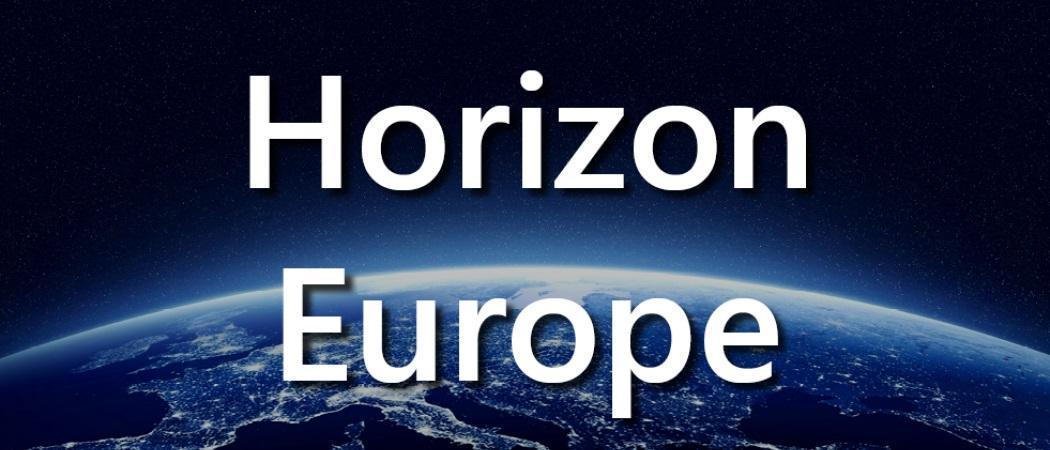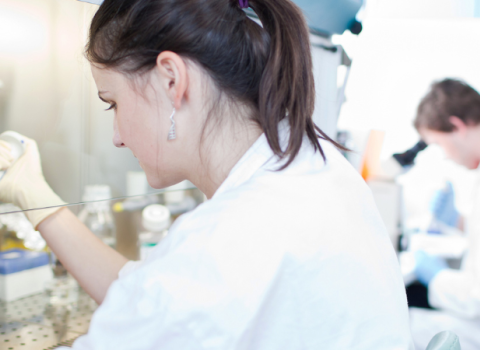Commission is still hard at it, preparing for the five new research missions before they officially launch in the second half of the year

The European Commission is laying the ground for the Horizon Europe missions to start later this year, with the aim of ensuring work can start immediately after launch, according to a leaked draft programme.
Read The Horizon PapersScience|Business is publishing here all the draft Horizon Europe work programmes available to us. You can read them here. Or, if you have additional ones, you can send them to [email protected] (anonymously, if you wish.) |
The missions are conceived as a new approach to urgent but diffuse problems, such as climate change, cancer and achieving carbon neutrality. Masterminded by the previous Commission and crafted by the current one, they are meant to push the limits of traditional EU-funded research projects, mobilising funding and action from different funding bodies, private investors, researchers, and citizens.
A Commission insider close to the missions says the promise is a novel demand-driven approach to innovation, marrying existing research and policy with a concrete political endpoint. What this means for the structure of the missions is still unclear, as the Commission is yet to polish and reveal how they will operate.
All of this makes them risky both in terms of their content and their execution. To test the waters, the Commission is investing in feasibility studies, information campaigns and identifying needs. Each of the five research missions will get a budget of up to €5 million to make these assessments.
On 12 May, the Commission will launch an open call for projects to address the specific needs of each of the five missions, plus two horizontal calls dealing with issues they have in common. The deadline for project proposals is currently set on 9 September.
The leaked work programme from February detailing these plans is subject to change until the Commission adopts the final version in March, but it shows the underlying thinking.
The Commission is also drawing up detailed plans, investment strategies and performance indicators for the missions. EU research commissioner Mariya Gabriel, speaking at a Science|Business conference last month, promised the Commission will put more flesh on the bones of the plans in July, when it announces which of the five proposed missions will move into the implementation phase. In the fourth quarter of the year, the work programme will be updated to include calls for the selected missions.
Once fully up and running, the five missions will largely be financed by the second pillar of Horizon Europe, which makes up 56% of the entire budget and supports large scale collaborative projects. During the first three years of Horizon Europe, the missions will get up to 10% of the annual budget of this pillar.
After officially getting off the ground in the second half of 2021, the missions will be assessed in 2023. If they are given a good mark, their budgets may be increased, allowing them to grow.
Branching out
Much of the preparatory work is across the piece, to make sure the missions make the hoped for impact beyond the publication of research papers.
The missions are expensive undertakings, and from the start, the Commission has made it clear the Horizon Europe R&D programme will not be able to fund all the work needed to clean up European waters, or to fight cancer, among other goals. To fill the gap, the European Investment Bank will get €2 million to identify possible sources of investment and funding models, before the launch of the missions.
Engaging citizens is another imperative, with the Commission planning a multi-lingual information campaign to spread awareness of the missions and their goals.
Member state engagement is also important in making the missions work. To create a common EU vision and ensure all member states and Horizon associated countries are ready to take up and deploy outputs from the missions, the Commission will launch a €2 million call for projects, open until 9 September.
Almost half of the mission preparation budget, €25 million, is dedicated to the European Bauhaus, a Commission initiative to shape a cultural and architectural movement around the European Green Deal. An open call will finance five European Bauhaus demonstrators, pilot projects for the project, with proposals also due on 9 September 2021.
“Linking the two initiatives can help solidify the concept in the public’s collective conscious that the missions embody research and innovation’s capacity to positively impact their daily lives,” the leaked draft says.
Both projects also happen to be blurry concepts. The new Bauhaus was masterminded after the Horizon Europe legislation was more or less agreed. The missions set out a completely new approach to EU research that is yet to be fully defined. Until the Commission provides the official framework for both, it is difficult to say how the two come together. It is also unclear whether the European Bauhaus will continue to be funded under the missions in the future.
In the end, whilst sounding specific, mission objectives are in fact diffuse and it will be difficult to define where they begin and end. The goal-driven approach and demand for citizens’ engagement means any actions helping reach a target, such as having 100 climate-neutral cities in Europe by 2030, can technically be part of a mission.
Five missions, five calls
According to the draft programme, there will also be five open calls for mission-specific projects on 9 September, aimed at helping the five programmes hit the ground running.
The cancer mission aims to save three million lives by 2030, addressing the full spectrum of the disease, from research into the causes, to prevention, diagnosis and treatment and the quality of life of cancer survivors.
To support this mission, the Commission hopes to invest €3 million in developing UNCAN.eu, a new EU-wide platform for cancer research. The project funded under this call should show the added value of the platform and provide insight into its organisational, financial, logistical, and cultural feasibility.
To lay the foundations for a mission supporting and showcasing 100 cities on their way to climate-neutrality by 2030, the Commission will call for one project to set up a framework for supporting cities in their transition towards climate neutrality and another project developing novel collaborative local governance models to engage citizens and different stakeholders with both the cities mission and the European Bauhaus initiative.
The climate mission seeks to prepare Europe to deal with climate disruption, by supporting, promoting and showcasing 100 European cities in a “systemic transformation towards climate neutrality by 2030.” As a foundation stone, the Commission proposes to invest €5 million to help local and regional authorities better understand climate risks and how to deal with them, as well as enabling citizen engagement and mapping out access to funding programmes.
The oceans mission sets out to clean up European waters by 2030, restore ecosystems and decarbonise the blue economy. With the €5 million in funding, the Commission hopes to fund a project which will develop, test and pilot methodologies for:
-
Identifying and selecting good practice, scaling-up feasibility and connecting demonstrator networks;
-
Co-creating with national hubs, citizens and other stakeholders;
-
Creating an EU-wide network of citizen assemblies;
-
A monitoring programme for mission progress;
-
Showcasing the value of demonstrators to citizens.
Finally, for the soils mission, aiming to have at least 75% of European soils healthy by 2030, the Commission is a planning a call for a project to identify soil needs in the different regions, develop networking and knowledge exchange tools for communities across Europe, develop business models for demonstrator projects, and leverage existing resources to create one-stop shops for soil information in each member state.





 A unique international forum for public research organisations and companies to connect their external engagement with strategic interests around their R&D system.
A unique international forum for public research organisations and companies to connect their external engagement with strategic interests around their R&D system.